Certainly, Morocco is one of the most amazing countries in North Africa. With beautiful natural sceneries and diverse cultures, Morocco is one of the most attractive spots for travelers in the world.
Somecultural norms distinguish Moroccans from other nationalities. It’s highly encouraged that you learn some Morocco etiquette before visiting. That way, you can avoid seriously offending someone unintentionally.
So, let’s learn about Moroccan etiquette and culture.
Greeting in Morocco
The standard greeting etiquette in Morocco is saying “salaam alaykum”, which literally means “May peace be upon you”. Some will extend the phrase and say “salaam alaykum wa rahmat Allah”, the latter part translates as “…and the grace of God Almighty.” The standard answer is repeating the greeting. And, don’t be surprised if someone just says “salaam.”
Moroccans usually greet everyone in the gathering. People from the same-sex might either shake hands or greet with their cheeks. With the opposite sex, things are a little bit different, especially with conservative women. A woman in general only greets her close friends and relatives with cheeks or a hug. Some women don’t even shake hands with men unless it’s a close relative.
With the outbreak of Coronavirus, the greeting has changed probably in the whole world. Moroccans usually greet from a distance with their right hand in the chest with a little head bow. Others might greet with a fist or by touching elbows.
Religion in Morocco
Morocco is a Muslim country; it’s the state religion. And more than 99% of Moroccans are supposedly Muslim according to statistics. Disrespecting Islam is something considered very rude. The locals find disrespecting Islam extremely offensive. This doesn’t mean you can’t talk about religion in Morocco. Moroccan Muslims are very respectful to Judaism and Christianity, and they believe that the messages delivered by both religions are equally true.
Being a Non-Muslim means that you cannot enter some specific places, namely mosques, shrines, and saints’ koubbas. However, there’s one exception, which is Hassan II Mosque in Casablanca. Hassan II Mosque is an architectural landmark that dazzles the eyes. This is the case, especially when getting a look at the intricately mesmerizing internal decoration.
Here are some otherinteresting facts about Morocco
How to dress up in Morocco
Modesty is part of Moroccan etiquette. Morocco is relatively conservative compared to the West, some parts more than others. If you’re traveling in the rural areas and small towns and cities, you might want to dress up a little bit modestly because most of the people, as you may notice yourself, might find relative nudity offensive, disrespectful, or an oddity. We’re talking here about women of course. This is the case especially during the holy month of Ramadan. Muslims consider sexual arousal, which can be caused unconsciously while looking at someone attractive, is considered to ruin the fast.
For that, we recommend wearing loose-fitting clothes. They might be a better choice, especially during summer. Baggy clothes are more likely to protect from heat; that’s why the inhabitants of the Sahara wear them.
In the big cities, the situation is more liberal. When you’re in Marrakech, for example, you might want to wear your evening dress and hit the bars or nightclubs. The beaches are also cool. You can wear your bikini and enjoy sunbathing.
Book Your Morocco Tour
Book your Morocco trip with FriendlyMorocco expert team. We have wide selections of tours to choose from. The tours we provide are are well-organized to suit every passenger’s needs. It is also possible to customize your tours. Feel free to contact us to get a quote or for more info!
Public displays of affection in Morocco
Just like dressing up immodestly, public show of affection in Morocco isn’t part of the etiquette, even if it’s your spouse. Kissing in public might not be a wise idea, especially if it has a lot of intimacy. No one would condemn you for a quick kiss, probably get some weird looks. But making out, that’s utterly unacceptable. The same goes for homosexuality.
However, that doesn’t mean that the situation is the same all over Morocco. Some places are more open-minded than others.
Home etiquette in Morocco
It’s well established that Moroccans are super-friendly people. They are hospitable and might invite you to their home. In this case, you should know some Moroccan home etiquette.
Like the Japanese, Moroccans take off their shoes when at home. The host either has the floors covered with carpets and rugs where you can walk barefoot, or they will offer you a pair of slippers.
After the host takes you to the guest room, it’s accustomed to having a conversation while drinking tea or coffee and eating sweets, nuts, and almonds. After that, the host will deliver a series of meals, first starting with something like seffa or Couscous, before getting into baked chicken and beef sauce garnished with almonds and apricots.
More aboutMoroccan cuisine.
This brings us to table etiquette in Morocco
Traditional hosts in Morocco might bring you a washing basin to wash your hands before eating because you have to eat with your hands.
After the host puts the meal on the table, you should wait for the blessing before you start eating. Don’t worry, it’s not very long. They would just say “bismillah” (in the name of God). When you hear that signal, you may proceed to eat using your right hand and bread.
Moroccans eat most of their primary meals with bread. They keep the forks and spoons for the complimentary salads. Bread is the replacement of spoons, forks, and knives. It gives the food a heartierfeel.
And remember, when you eat meals like tagine and couscous, the meat in the middle of the place should be left to the last. You must eat the vegetables and sauce first.
Fun Moroccan joke: People are eating around a table, and the host addressed one of them saying “Eat carrots; they’re good of your sight.” The man answered him saying “Just give me the meat, man! God curse me with blindness!”
Tipping etiquette in Morocco
Tipping is customary in Morocco. When you enjoy a nice service, you might want to show your appreciation by tipping the person who delivered the service at least something around 10%.
amazigh new year celebration
Market etiquette in Morocco
Vibrant markets and shops are nothing strange in Morocco. As a visitor, you have to purchase some souvenirs to remind you of your trip to Morocco.
What if I told you that you don’t have to pay the full price of things you buy? It’s actually customary in Morocco to inflate the price. Most of the vendors and shop owners expect you to haggle. For that reason, the price is always inflated by at least 20%. The trick is to suggest a price that is 10% less than an extra 20%. Are you confused? Basically, you calculate in your mind the price of the thing you want to by subtracting 30% from the price that the shop owner proposed.
Haggling is quite a fun thing that you can do in Morocco if you’re the kind of person who knows how to bargain and keep a cool temper while doing it.
Photo etiquette in Morocco
Taking photos of memorable places is irresistible, but it’s necessary to be respectful while taking pictures. Most people don’t like to be the center of the lenses unless they give permission, which is everyone would do.
Also, in squares like Jemaa el-Fna square and Lehdim, the street artists, performers, and snake charmers would rather like to get paid for the pictures you take of them; that’s how they earn a living.
And most importantly, you should know that it’s illegal to take pictures of border checkpoints, police,and the military.
Check out our Ultimate Guide to Photography in Morocco.
Make sure to check out our MOROCCO SHOP, MOROCCO TOURS, and BLOG for more interesting stuff about Morocco.
Shop With Friendly Morocco
Buy your Morocco souvenir or Moroccan clothes, our shop has the best Moroccan products, see for yourself!

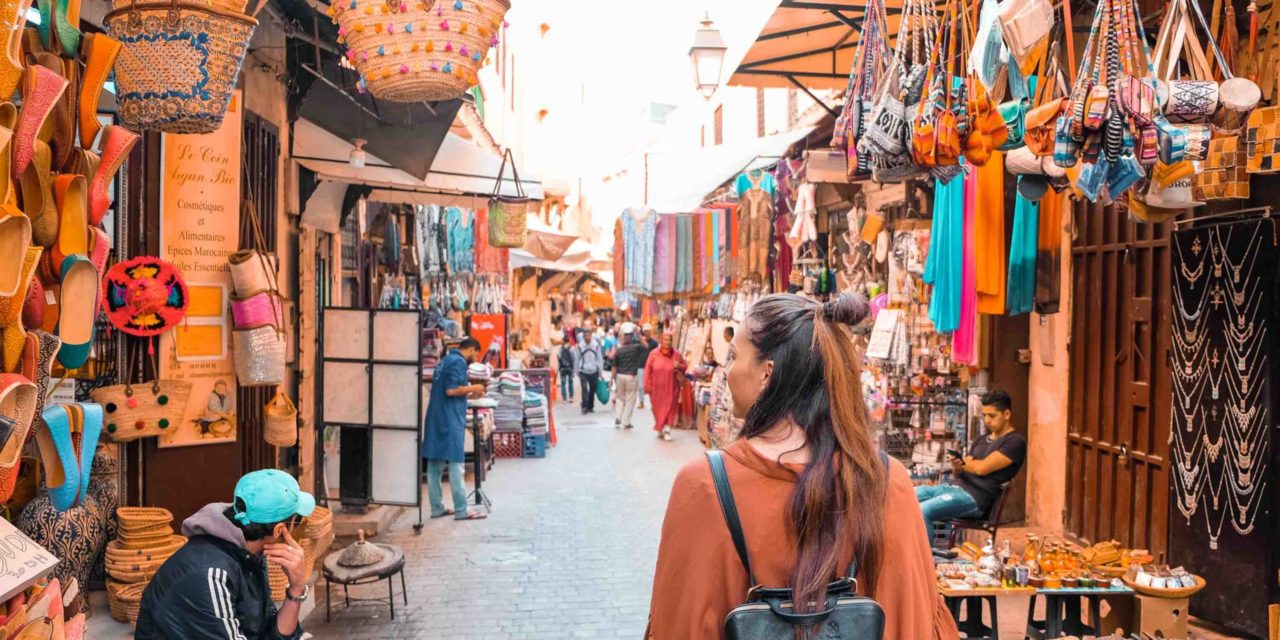
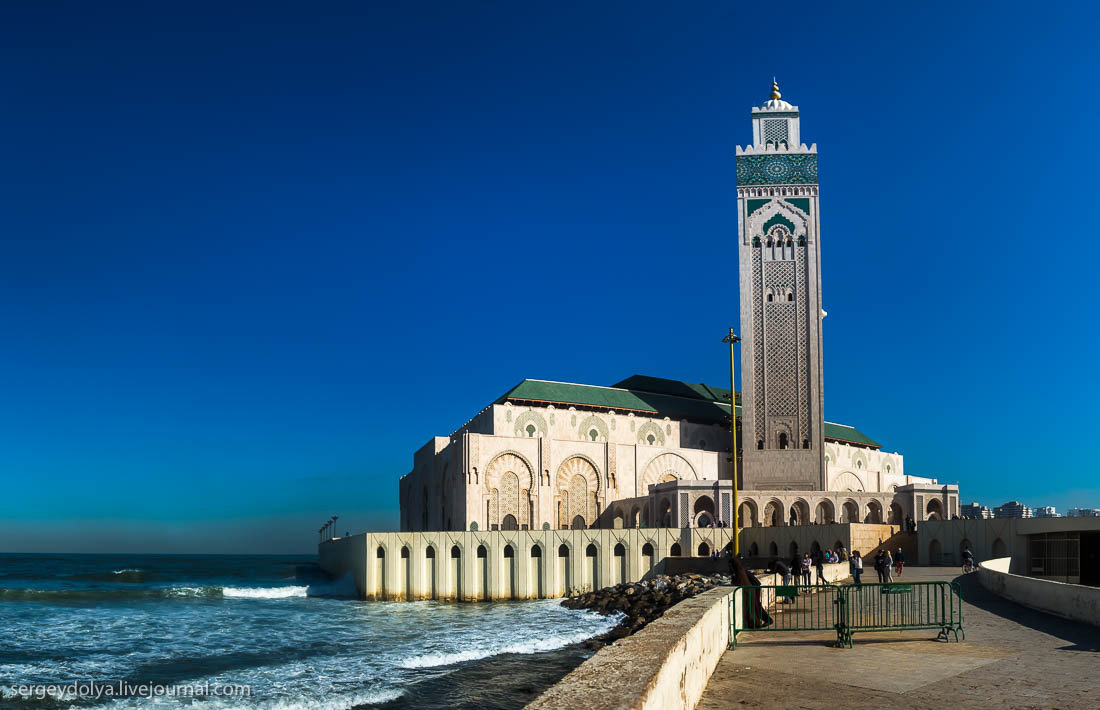
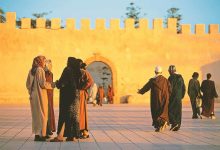
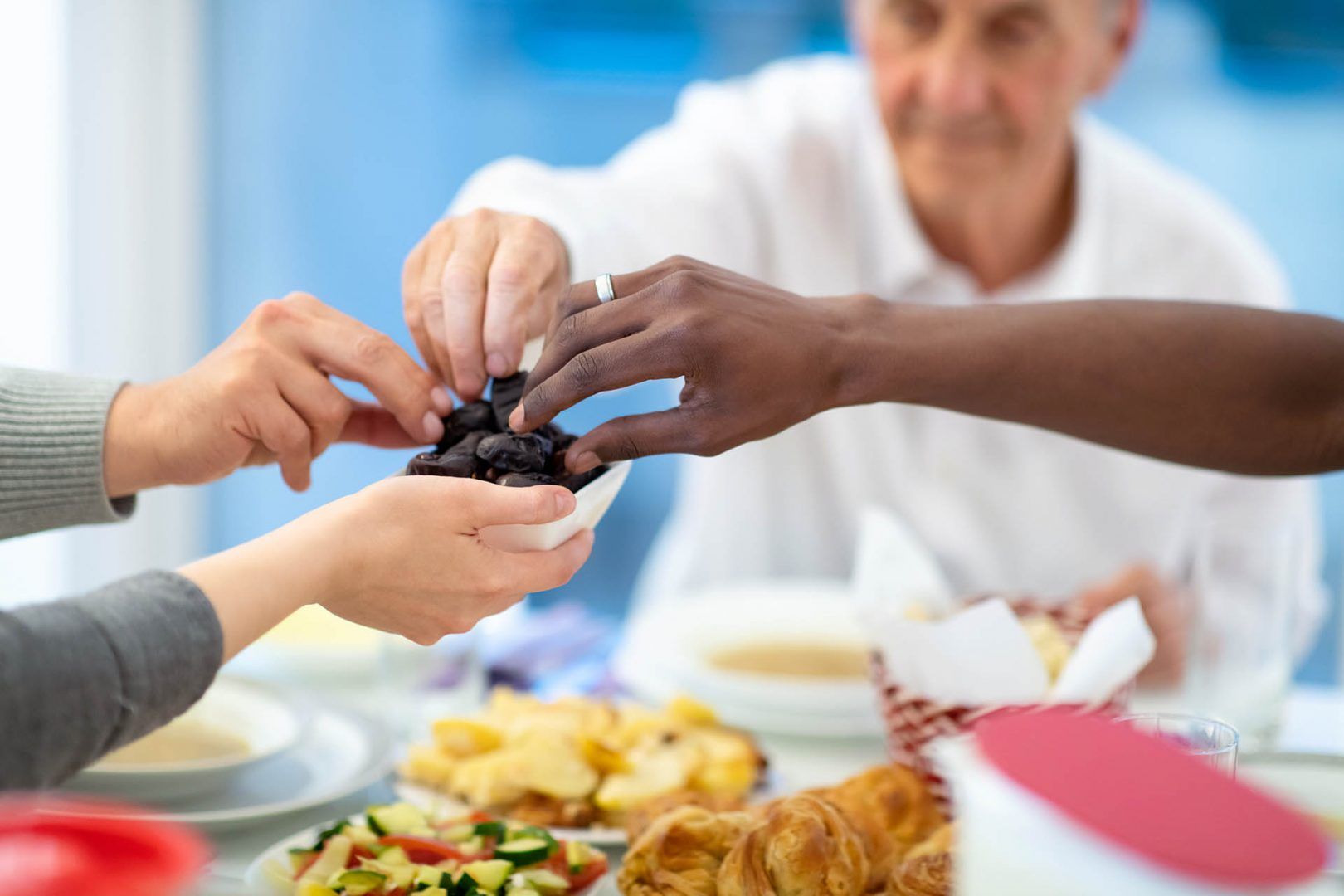
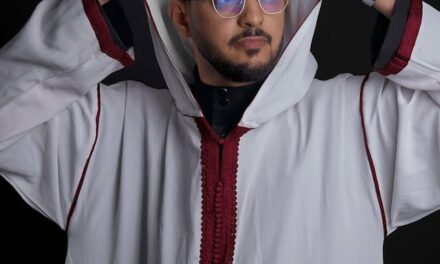
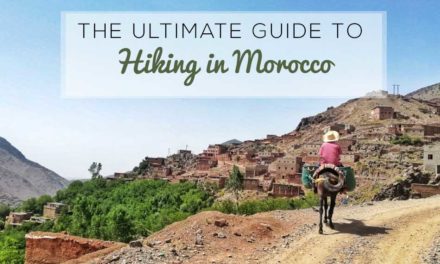
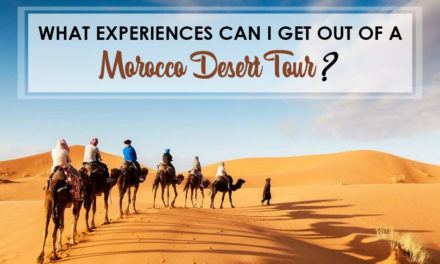
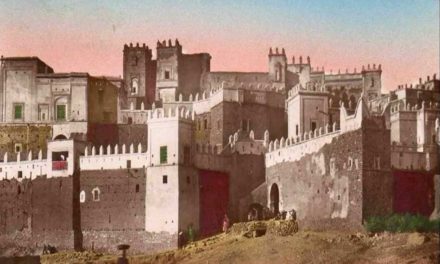

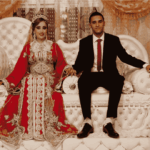



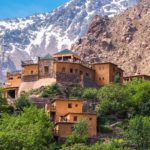



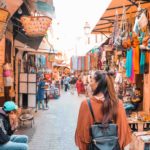
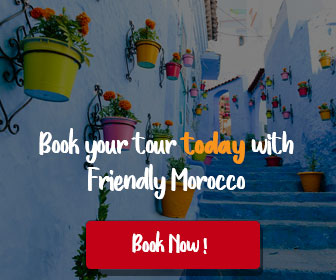
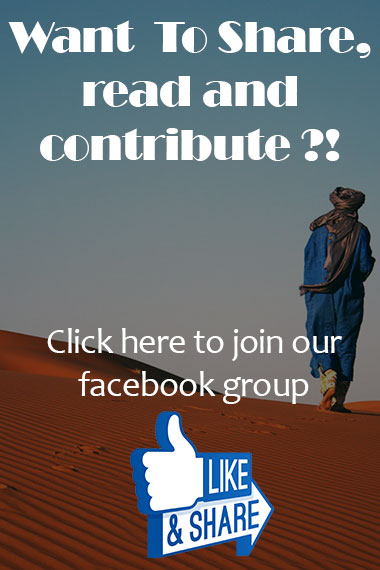
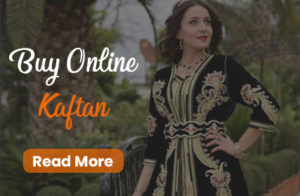
Recent Comments